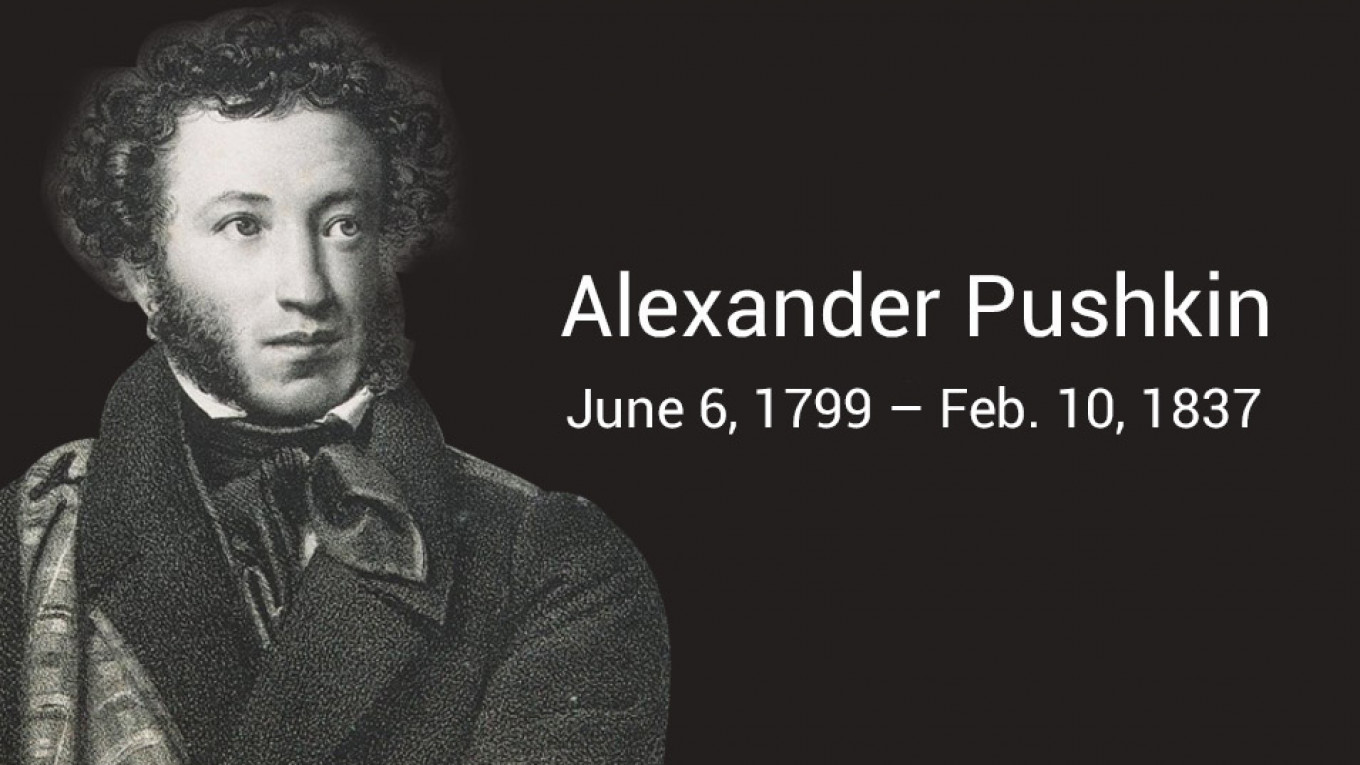
Born into a noble Russian family, Alexander Pushkin was the son of Sergei Pushkin, a descendant of a family with Russian nobility tracing back to the 12th century, and Nadezhda Gannibal, a descendant of German and Scandinavian nobility. Pushkin’s maternal great-grandfather Abram Gannibal was an African page who was kidnapped, sent to Constantinople and later given to Peter the Great as a gift. Research has shown that he was born in Central Africa, near modern-day Cameroon. He would later rise in rank in the military, eventually becoming a high-ranking general.
Pushkin was born in Moscow and raised mostly by maids and French tutors; he spoke French fluently but learned Russian and Russian folklore from his nanny, whom he was very attached to.
Having written his first poem at 15, Pushkin quickly gained recognition in the Russian literary scene and soon became part of St. Petersburg’s youthful culture. Heavily influenced by French enlightenment – Diderot and Voltaire in particular – Pushkin grew committed to social reform. Following clashes with the government he was exiled from Moscow in May 1820, and after traveling to the Caucasus, Crimea and Kamianka, he lived in Chisinau, Moldova until 1823.
After Moldova, he moved to Odessa, and following another clash with the government (reportedly for a letter intercepted by the police where he described his “lessons in pure atheism”) he was exiled to his mother’s estate of Mikhaylovskoye, near Pskov and on the other end of Russia.
There, though he was bitter and lonely, he also wrote some of his greatest works, including what is said to be the most famous Russian love poem, To***. This is generally believed to have been dedicated to his married lover, Anna Kern. A poem “Ode to Liberty” was found among the possessions of Decembrist Uprising (1825) rebels, and Pushkin was then summoned to Moscow. That same year, he wrote his most famous play “Boris Godunov” though the original and uncensored version was not staged until 2007.
In 1828, Pushkin met and married Natalia Goncharova, who was then just 16. At the time it was said that Russia’s greatest poet married Russia’s greatest beauty. Due to cholera outbreaks and other delays, the wedding ceremony was only held in 1831 in the Great Ascension Church on Moscow’s Bolshaya Nikitskaya Street.
Pushkin wrote in virtually every genre: long-form poems, short verse, a novel in verse (“Yevgeny Onegin”), plays, short stories, novellas and fairy tales. In Russia it said that “Pushkin is our everything” – the founder of modern literary Russian, the greatest poet, the greatest storyteller.
But despite he extraordinary success, by 1836, he’d fallen into great debt and was tormented by rumors that his wife was having an affair, while requests to resign from government service and retire to the countryside to focus on his writing were repeatedly rejected. In 1837, Pushkin was wounded in a tragic duel while defending his wife’s honor. The man regarded at Russia’s greatest literary figure died at 37.






